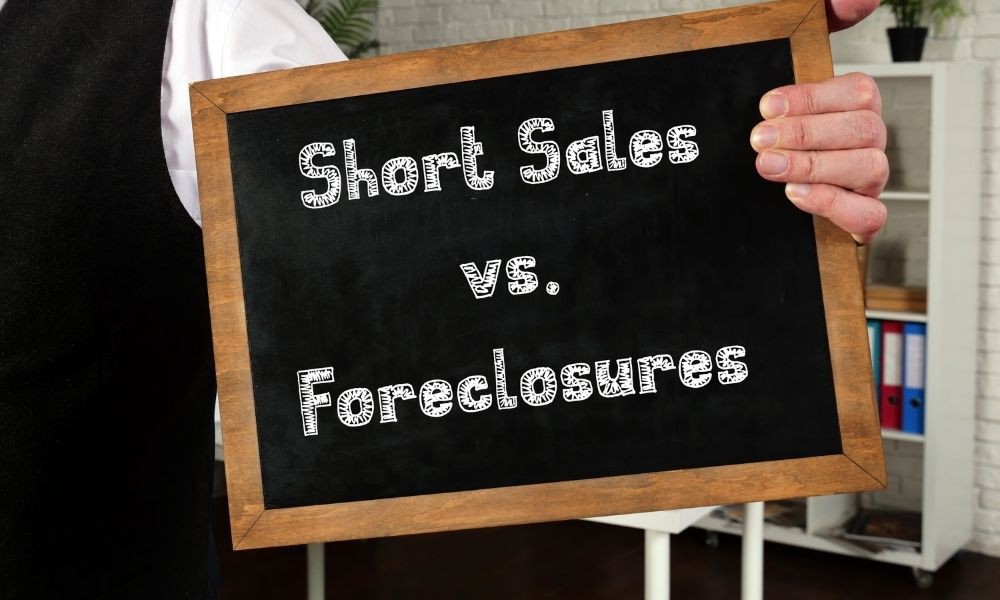Many people run into personal or financial difficulties at some point in their lives, and when it happens, it’s essential to know about the possible outcomes and what steps are available to take. For example, severe financial problems can potentially result in a person’s housing situation becoming unstable. Unfortunately, when that happens, the result is often foreclosure. One option they may have is to sell their home through a short sale. Unfortunately, many people don’t understand the nature of a short sale vs. a foreclosure and what the difference is. This is a question that could save many people grief and money.
What Is a Short Sale?
A short sale occurs when a homeowner chooses to sell their home for less than its mortgage value. Generally, this happens as a result of a major life change, such as obtaining a job in a new location that requires the homeowner to move quickly. Losing a job or undergoing a traumatic event that affects a person’s income are two other common reasons for short sales.
In most states, the law dictates that the lender must forgive the debt difference once the short sale is agreed upon. As such, this event acts as a safeguard and can only be enacted under strict circumstances. Additionally, significant amount of paperwork is involved, so working with short sale experts is well advised.
What Is a Foreclosure?
In most cases, foreclosure is the final step a lender can take. While short sales are in the hands of the homeowner, a foreclosure is a legal move to recover a building’s value. If the homeowner doesn’t make payments on the home’s mortgage for several months, the lender can choose to take back their property and put it back on the market to continue to make money from it. Typically, a foreclosure happens when a home is abandoned or when the previous owner encounters financial issues and can’t make payments for an ongoing period.
Understanding the Differences
Both short sales and foreclosures get homeowners out of a home mortgage they can longer manage, but a short sale is voluntary and requires approval from their lender, while a foreclosure is involuntary, and occurs when the lender takes legal action to take ownership of and then sell the home. Short sales ultimately tend to yield a better outcome for homeowners, but keep in mind that qualifying for one involves filing a lot of paperwork and meeting a lot of conditions. That's where our short sale experts can come in: to simplify the process, ensure the paperwork is completed correctly, and ultimately, to give the homeowner the best possible outcome.
On the other hand, a foreclosure is more of an automatic process that will happen after a few months of the homeowner failing to meet payments. The latter has more significant credit and long-term repercussions, so it’s best avoided when possible.

Recent Comments